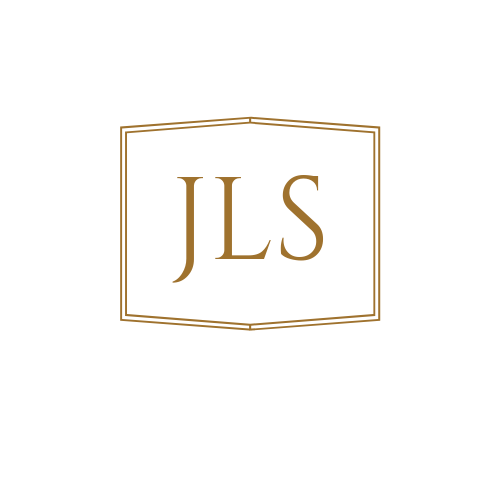29 Mar Agreements Framework
Agreements Framework: The Key to Successful Project Management
When it comes to project management, agreements framework is a crucial component that should not be overlooked. This framework lays out the rules and expectations for all parties involved in the project, ensuring everyone is on the same page from the start. The agreements framework includes key elements such as goals, timelines, roles and responsibilities, communication protocols, and risk management strategies.
Goals
The first step in developing an effective agreements framework is identifying clear project goals. These goals should be specific, measurable, achievable, relevant, and time-bound (SMART). This ensures that everyone involved has a clear understanding of what they are working towards and how success will be measured.
Timelines
In addition to setting clear goals, the agreements framework should also include timelines for each stage of the project. This includes deadlines for tasks, milestones, and deliverables. By setting clear deadlines, it ensures that the project stays on track and progress can be monitored effectively.
Roles and Responsibilities
The agreements framework should also clearly define the roles and responsibilities of each team member involved in the project. This includes who is responsible for what tasks and who they report to. By clarifying roles and responsibilities, it ensures that communication is more efficient, and everyone is clear on what is expected from them.
Communication Protocols
Another critical element of the agreements framework is communication protocols. This includes the frequency and format of communication among team members. It also includes escalation procedures for addressing issues or risks that arise during the project. By establishing communication protocols from the outset, it ensures that everyone is aware of how to communicate effectively and efficiently throughout the project.
Risk Management Strategies
Finally, the agreements framework includes risk management strategies. This includes identifying potential risks to the project and developing a plan to mitigate them. By having a plan in place for potential risks, it ensures that the project can continue even if unexpected challenges arise.
In conclusion, an effective agreements framework is essential for successful project management. It lays out the rules and expectations for all parties involved in the project, ensuring everyone is on the same page from the start. By including elements such as goals, timelines, roles and responsibilities, communication protocols, and risk management strategies, it ensures that the project stays on track and progress can be monitored effectively.



Sorry, the comment form is closed at this time.